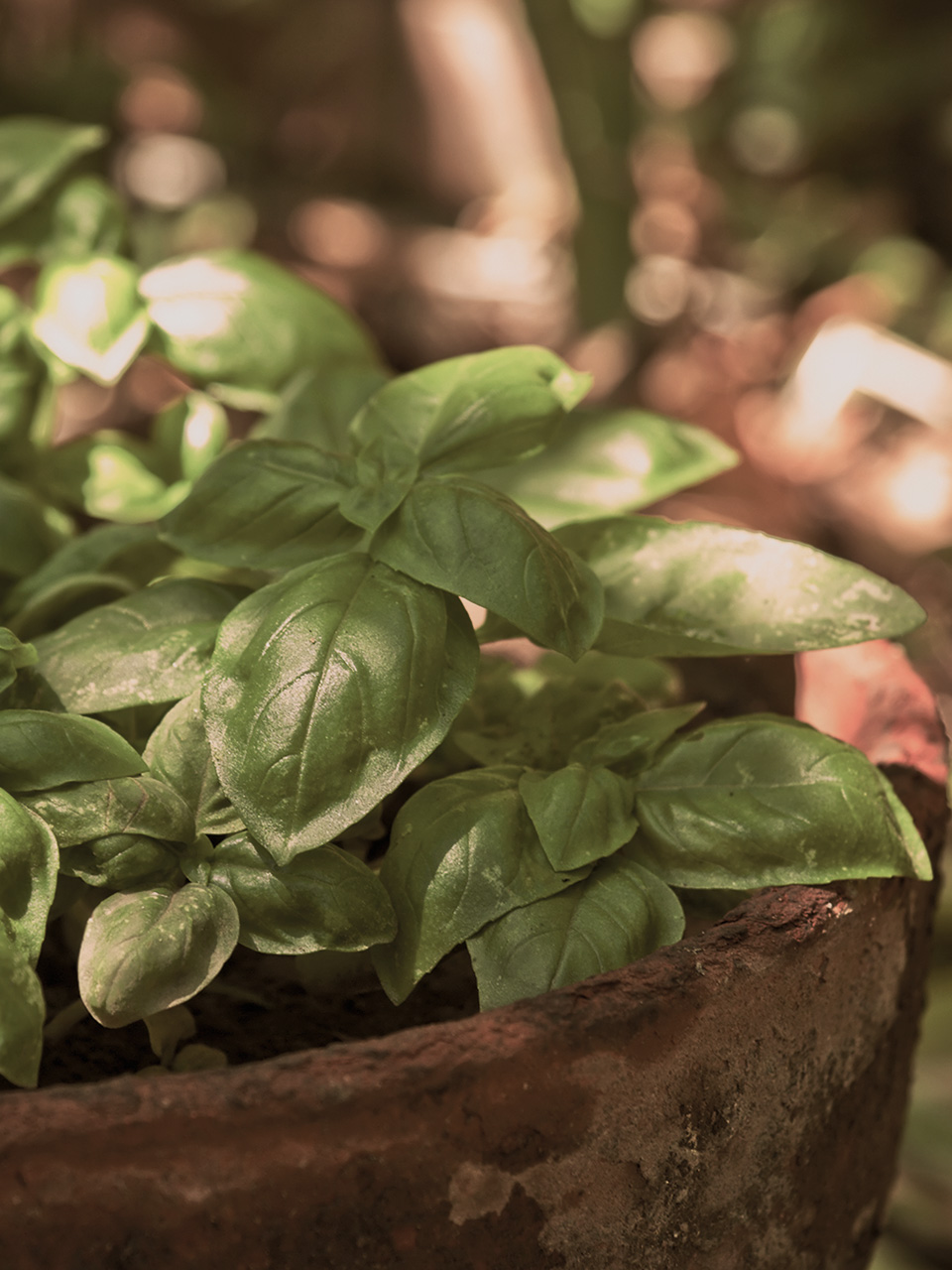
Tap to Read ➤
Basil Leaves Benefits
Abhijit Naik


If you haven't grown a basil plant at your home as yet, here's some information on health benefits of basil leaves, which will prompt you to do so.

Basil is a tender, low-growing herb, typically characterized by broad, oval-shaped leaves, with a strong, pungent, sweet smell. Its botanical name is Ocimum basilicum, however, it is popular as sweet basil or tulsi in some parts of the world.

Some of the most popular basil varieties include the American basil, French basil, and the Egyptian basil. Native to the tropical regions of Asia, the plant can be found in various parts of the world today, and a large part of the credit for this goes to its benefits, which exist in plenty.

Basil Leaves Health Benefits

Basil leaves have been used as spices, and their recently revealed health benefits have just added to their popularity. To an extent, basil leaves do resemble peppermint leaves as far as their appearance is concerned. These leaves become brown in color after they are dried, following which they are ground and used in culinary as well as medicinal purposes.

Dried and ground basil leaves contain significant amounts of vitamin K and vitamin A. It is also rich in iron and calcium and has traces of manganese, magnesium, potassium and dietary fiber. Various medicinal properties of basil leaves make them an important ingredient of many herbal remedies. Some of the most prominent benefits of this herb are given here.

Basil Leaves Extract
The extract prepared by adding basil leaves, cardamom, sugar, and some milk to half a liter of boiling water, helps in treating fever by bringing down the soaring temperature associated with it.

Extract of basil leaves is widely used in various cough syrups and expectorants; courtesy, its ability to clear mucus in the respiratory tract. Chewing tender basil leaves can also help in curbing fever and related health problems.

Stress Buster and Blood Purifier
Basil leaves are not just used to treat fever. Chewing them daily can also help in purifying blood and preventing stress-related disorders. The widely popular anti-stress properties of these leaves make them an important constituent of alternative medicine.
Anti-inflammatory Properties
Basil leaves substitute medical marijuana owing to their (E)-beta-caryophyllene content which arms them with the same anti-inflammatory effects as the latter. This also helps in relieving the inflammation associated with various ailments, including rheumatoid arthritis and bowel inflammation.
Basil Tea
Drinking 2 to 3 cups of basil tea―prepared by adding basil leaves to boiling water―every day, can help in preventing several ailments, including sore throat, diarrhea, constipation, stomach cramps, gastric ulcer, mouth ulcers, and urinary infections.
One can add some honey to tea in order to sweeten it. However, this method of sweetening basil tea is not recommended for people suffering from diabetes.
The benefits of basil make it one of the most important constituents of alternative medicine and healthy lifestyle. You don't necessarily have to be ill to use basil leaves extract or powder. You can use them every day to prevent various disorders.
However, if you are consuming it to treat an ailment, you need to carefully monitor the condition over a period. If the ailment is not showing any signs of improvement, or if it is recurring for that matter, you should immediately consult a doctor.